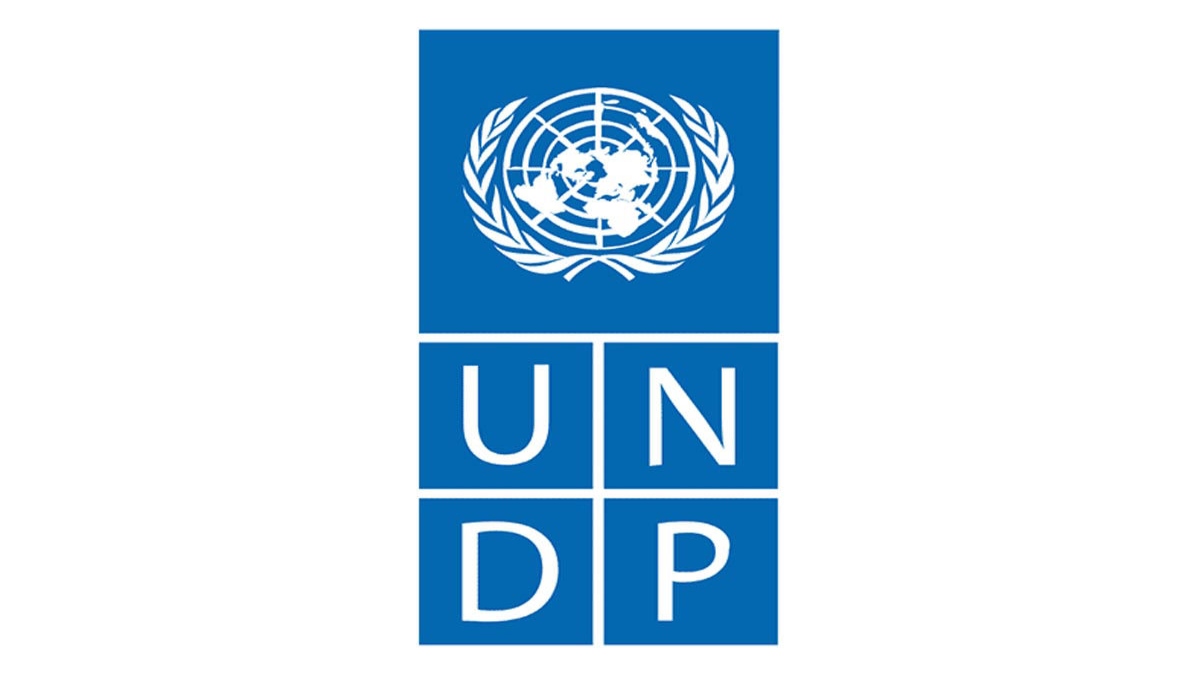


On Tuesday, United Nations Development Programme (UNDP) India released a baseline analysis of the socio-economic situation of SafaiSathis or waste pickers. The analysis found that 6 out of 10 SafaiSathis reported having a bank account. 21 percent of the SafaiSathis reported access to Jan Dhan Yojana, with an even lower proportion indicating access and use of digital payment methods. Except for Aadhar and voter cards – ownership of which was reported by more than 90 percent and 60 percent SafaiSathis, respectively– all other forms of identification such as birth, income, caste, and occupation certificates were found to be severely lacking across the community.
The analysis is one of the first large-scale assessments conducted in India, covering 9,300 SafaiSathis in 14 cities, and was released by Mr. Amitabh Kant, CEO, NITI Aayog. . As per analysis. 50 percent of the SafaiSathi reported owning and using a ration card. Health insurance coverage among SafaiSathis was below 5 percent. Temporary sheds and rented housing were reported as the most common forms of accommodation. More than 90 percent of SafaiSathis reported having a continuous drinking water supply, while 80 percent had an electricity supply. Access and use of sanitation facilities were reported only by 60 percent of SafaiSathis.
The Baseline was undertaken as part of Project ‘Utthaan – Rise with Resilience’ under UNDP’s Plastic Waste Management Programme. Utthaan is UNDP India’s COVID-19 response enabling SafaiSathis to access government schemes and build more resilient communities.
The baseline had an equal representation of male and female SafaiSathis and found that the work undertaken by them is highly informal, which restricts income and job mobility.
“Japan is delighted to support initiatives that empower informal workers to obtain adequate social support, as well as reduce, reuse, and recycle plastic waste. Our support to project Utthaan reflects this commitment. I hope with access to government schemes and social inclusion, SafaiSathis can better realize improvement in their financial and health status,” said Mr. Shingo Miyamoto, Minister, Economic & Development, Embassy of Japan.
“SafaiSathis play a key role in plastic recycling. With the findings and evidence from UNDP’s first-ever comprehensive analysis on the socio-economic status of the SafaiSathis, we will work with the urban local bodies and government departments to build programmes and outreach that have a meaningful impact in the lives of SafaiSathis,” said Ms. Shoko Noda, Resident Representative, UNDP India.
“SafaiSathis, or waste pickers are the invisible environmentalists, and play a significant role in waste recycling in India. The social inclusion of informal workers is crucial for sustainable plastic waste management. I am hopeful that the findings from this baseline analysis will help address the vulnerabilities of waste pickers. NITI Aayog is happy to support UNDP and nodal ministries such as the Ministry of Housing and Urban Affairs and MoSJE in the process of enhancing the resilience of the waste pickers in the country,” said Mr. Amitabh Kant, CEO, NITI Aayog.
At the launch, Hindustan Unilever also announced its support to the next phase of Utthaan, reaching 3,000 SafaiSathis in Delhi and Mumbai with access to government schemes.